Quetta to Mumbai: How A Paithani Sari & Humanity Saved My Life During Partition
The unhealed memories of partition remain raw even today. Manik Varadkar’s loyalties and love now lie with the country she inhabited but ancestors’ homeland is something she will never forget.
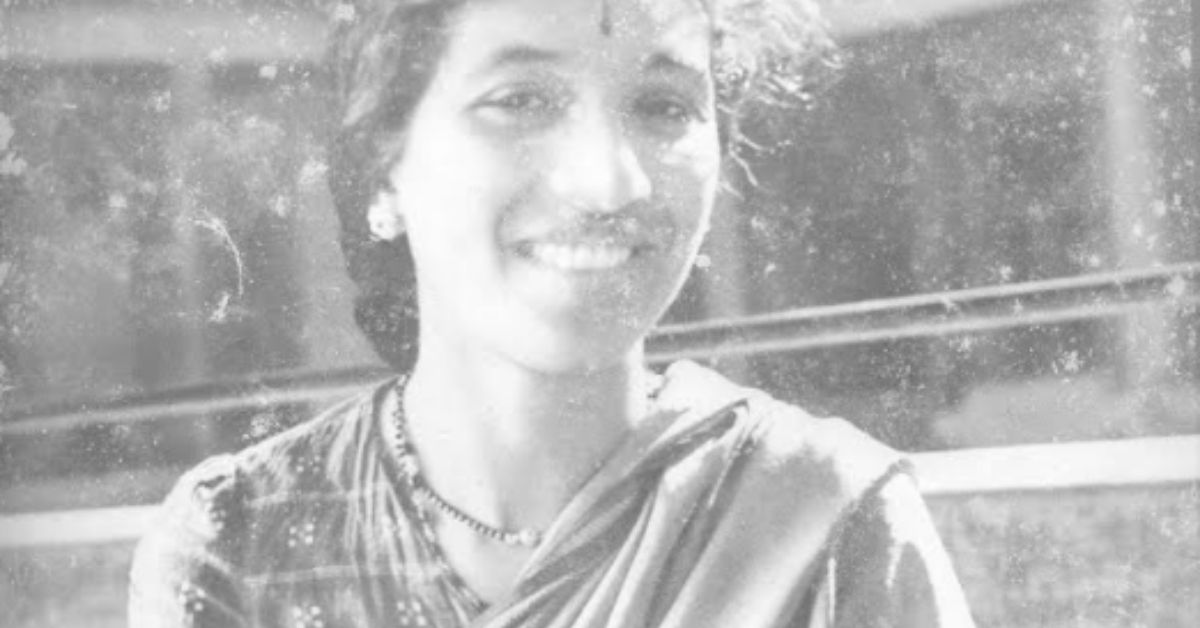
A railway platform in Karachi awash with blood, eyes suspiciously looking for vengeance and an unrelenting confusion over clothing choice.
Manik Varadkar, born in Pakistan’s Quetta region, vividly remembers the frightening scene at the onset of winter in 1947.
It had been two months since the creation of India and Pakistan, an event that led to an eruption of sectarian violence in which millions of people desperately migrated to the side they felt safer.
The Khanolkars (Manik’s maiden surname) were one of the many families who were at the receiving end of the Partition. They had a narrow escape from a mob who had specially arrived in Quetta from Peshawar to attack the minorities.
A 15-year-old Manik stood on the station, scared and anxious, as her uncles inquired about the boat that was leaving for Bombay (now Mumbai).
“Blame it on the terrorised faces, deadly aftermath, an uncertain future or the heavy suitcases that were slipping out from my sweaty palms, I was extremely uncomfortable on that platform. All I wanted to do was get some sound sleep without waking up in the middle of the night from screams and nightmares,” Manik, now 89, tells The Better India.
Three days later, Manik and her family of doctors arrived in Bombay. From there they went to Gwalior before finally settling in Bundelkhand. In the early 1950s, she married Manohar Varadkar, a freedom fighter based in Bombay.
Life In Quetta
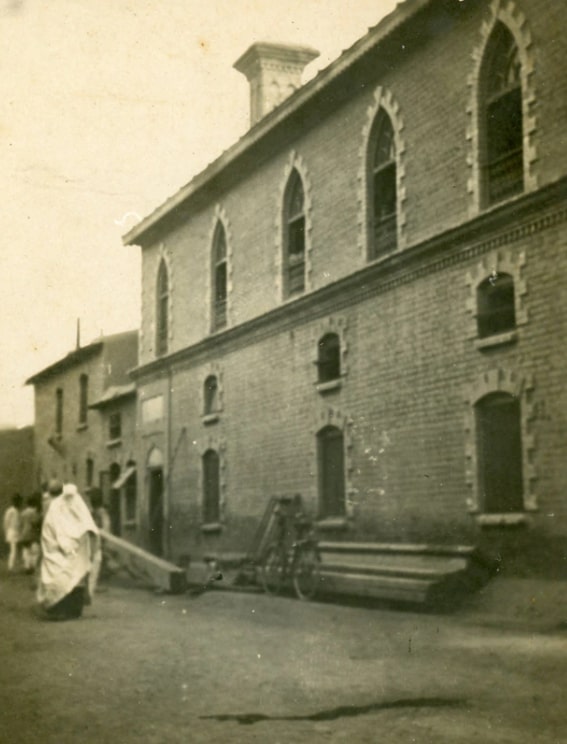
Manik’s grandfather, Ramji Dhonji Khanolkar was originally from Maharashtra’s Vengurla village. He was an army doctor, who was transferred to Quetta in the early 1900s. By the time he retired, the city had become his new home. He decided to stay on. He had eight children, of which most of them chose the medical profession.
Manik’s father, Vishnu Ramji Khanolkar was a surgeon, too. The entire family comprising 30 members lived in a two-storeyed mansion.
“It was an illustrious life and I had an exotic collection of traditional Maharashtrian saris. Our house was always bustling with noise and chaos,” she remembers.
Manik endured her first life-altering event when she was merely four years old. On a sweltering night in May 1935, she decided to sleep on the building terrace along with some of her cousins. At around 2 am, the entire mansion came crashing down due to a devastating earthquake.
She lost 13 members of her family including her parents, cousins, uncles and aunts, “As I emerged from the rubble, I looked for my parents until I realised they would never turn up. That jolt probably prepared me to deal with more losses that I would soon face.”
Life moved on as uncles went back to practising medicine and the children went back to school. Manik goes on to share how all the communities in the region lived in harmony for decades. It did not matter that her best friend’s name was Habiba Sayyed. They happily exchanged their traditional clothes and ate from the same plate. Little did she know that things would take a 360-degree turn in a few years.
Keeping Humanity Alive
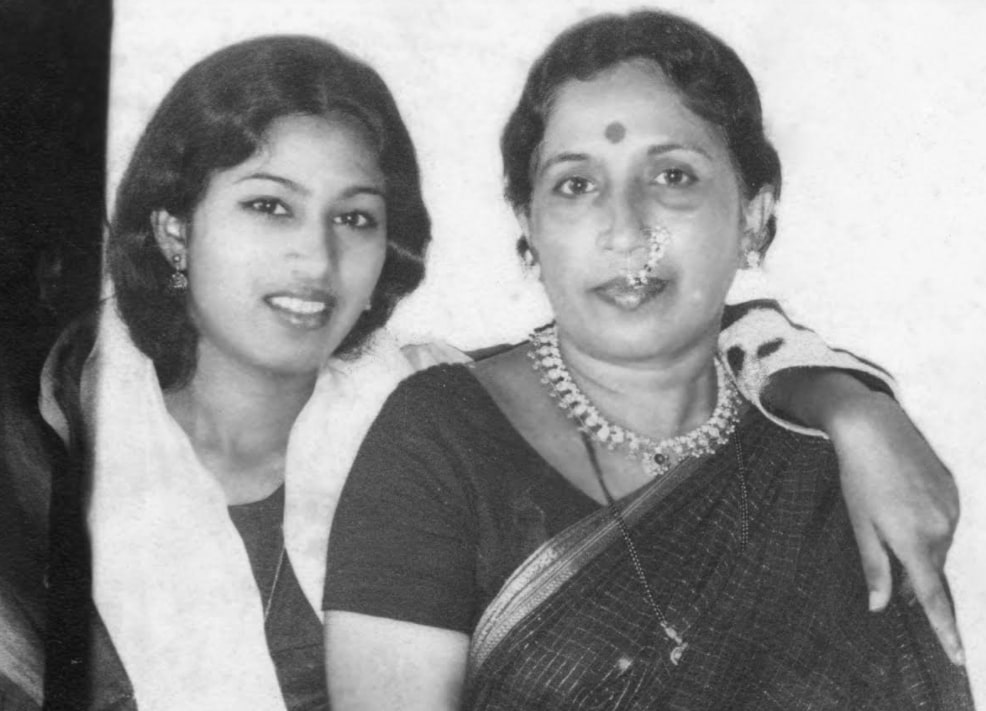
Manik experienced the first spell of trouble in school when some young boys passed comments on forcefully getting married to them. “They said we will become their bhabhis soon if we do not cross the border. I knew very little of the political events that would eventually foreshadow the killings so I ignored their comments,” she says.
By 1945, the atmosphere turned more hostile and Manik heard stories of neighbours turning on each other on the radio and read about them in newspapers.
“Everyone only spoke about Partition. In 1946, Hindu families started migrating but we still hoped the clashes were temporary. We even contemplated going to Vengurla for some months till things returned to normalcy. But rumours about killing our family was the final straw,” says Manik.
The rumours turned out to be true and right after the Partition was officially declared, the Khanolkars moved in with their neighbour, Sayyed, for asylum. Every night was dreadful as mobs armed with guns and knives would knock Sayyed’s doors asking for family. They even burnt Manik’s house and looted everything.
“One of the nights, the mob entered the house and asked for us. The Sayyed family swore on the Quran that we had left for India just to save us. That day I saw the epitome of humanity. The decision must have been very hard and we will forever be indebted to them. They taught me that insaniyat ke aage kuch nahi. Period,” shares Manik.
When the riots subsided, the Khanolkars packed their bags to leave forever. As they stood waiting for a tonga, Manik’s friend Habiba came running towards her to say her final goodbyes. She returned the two saris that Manik had earlier gifted her, for the journey.
Manik was dressed in salwar kameez to blend in. On their way to the Quetta station, she saw a group murder a family because of their attire. Though there were screams everywhere and an expression of horror on her face, Manik silently let out a sigh for it was not her family.
Throughout their train journey from Quetta-Karachi-Bombay, Manik witnessed more horrors unfold with stone-pelting and physical assault on the passengers. Every time the train slowed down or halted, Manik prepared herself to die.
When they finally crossed Pakistan’s border, another violent group awaited them, this time from another community. Manik hurriedly draped one paithani sari over her salwar kameez to blend in. “The gift that my best friend returned, saved my life,” she exclaims.
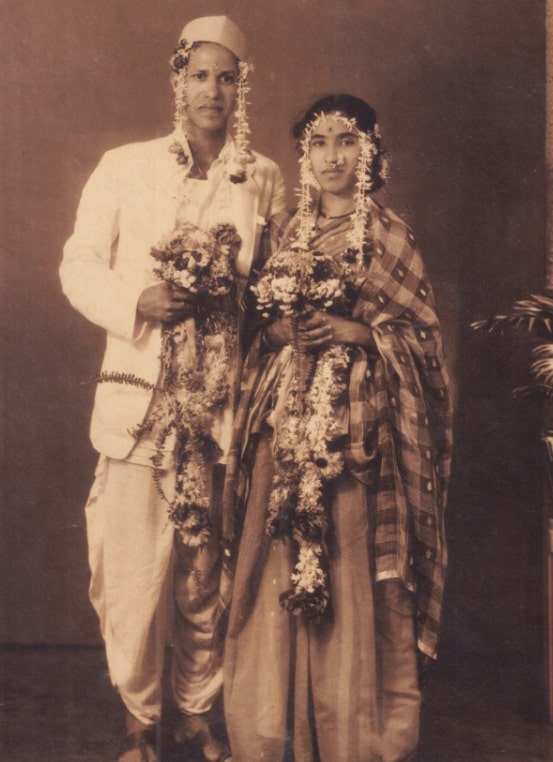
The family went on to open their medical practice in Bundelkhand. After completing her schooling, Manik shifted to Delhi for higher studies and stayed with another uncle, Major General Vikram Khanolkar. And at 21, Manik got married, moved to Bombay and started a new chapter.
A Family of Achievers
From her nephew being the Irish Prime Minister, her sister-in-law designing India’s highest military award – the Param Vir Chakra to her daughter Shubhada being a renowned Odishi classical dancer, Manik’s family has been scripting history in more ways than one.
“My brother-in-law, Ashik Varadkar married a UK National and their child, Leo became the PM in 2017. Meanwhile, my uncle, Maj General Vikram Khanolkar served in France during WWII. He married Eve Yvonne Maday de Maros, who later became Savitri and designed the Paramvir Chakra. And my uncle, Vasant Khanolkar, was a cancer research specialist, who built the Tata Memorial Hospital. I guess, serving the nation and its people comes naturally in our family,” says Manik.
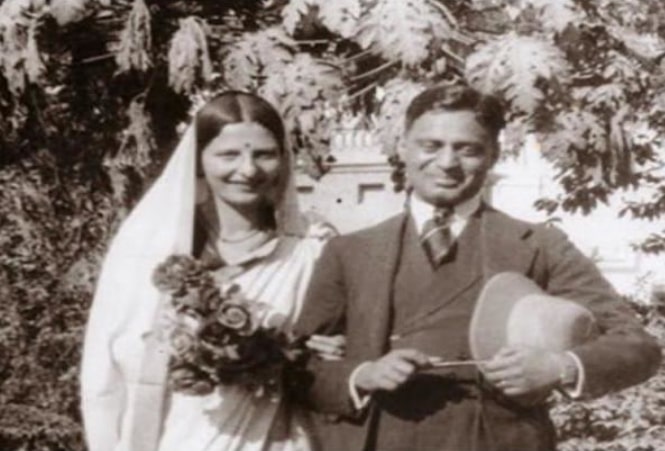
Closer home, Manik’s husband, Manohar was at the forefront of the Quit India Movement in 1942 and subsequently the Samyukta Maharashtra movement to retain Bombay as the state capital.
Manik also joined the agitation and rallied alongside activists like Mrinal Gore, Kamal Desai, Pramila Dandavate and Ahilyabai Rangnekar. The rallies even landed her in the Yerwada jail for nearly a month in the 1960s, when her eldest son was just a year old.
Manik’s undying spirit to overcome odds was passed on to her kids. Her daughter, Shubhada was diagnosed with cancer at 40. Instead of giving up her dancing career, she hid her illness behind her makeup and jewellery. Chemotherapy couldn’t shake her faith and ultimately she recovered.
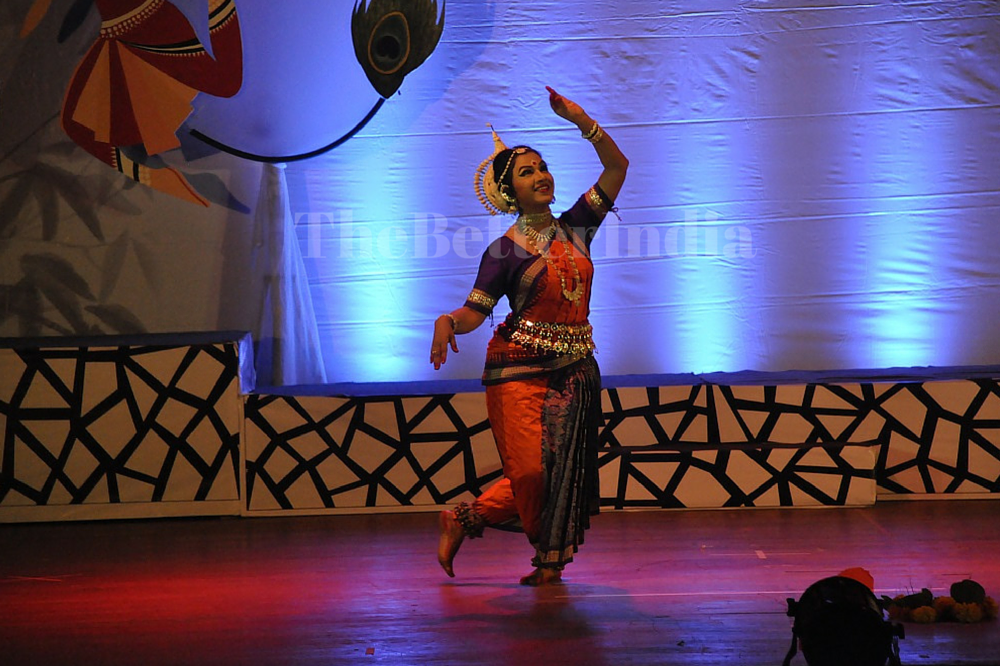
“I am blessed to be a part of two families that have chartered their territories. I was also always encouraged to break all kinds of barriers and do what makes me happy. When I hear stories of how my mother survived the Partition and father fought for Independence, I feel proud,” Shubhada tells The Better India. Read Shubhada’s inspirational story here.
At this point, Manik has a wide smile on her face and like a doting mother quickly adds that Shubhada has been her inspiration as well.
It has been nearly 70 years since Manik has been living in Mumbai, a city which she fondly refers to as ‘karmabhoomi’. “I have lived a happy and memorable life in the city. I am blessed with three children who are settled comfortably. Four years ago, I became a great-grandmother,” she quips, excitedly, before revealing that her nightmares are now a thing of the past.
However, the unhealed memories of Partition remain raw even today. Her loyalties and love now lie with the country she inhabited but her ancestors’ homeland is something she will never forget.
All the images are sourced from Shubhada Varadkar
Edited by Yoshita Rao

Similar Story
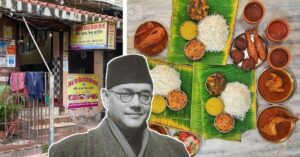
Netaji Bose’s Favourite Eatery Has Been Serving Traditional Delicacies for Over 100 Years
The Swadhin Bharat Hindu Hotel in Kolkata, started by Mangobindo Panda, is a century-old pice hotel where Indian freedom fighters like Netaji Subhas Chandra Bose would enjoy Bengali delicacies.
Read more >
If you found our stories insightful, informative, or even just enjoyable, we invite you to consider making a voluntary payment to support the work we do at The Better India. Your contribution helps us continue producing quality content that educates, inspires, and drives positive change.
Choose one of the payment options below for your contribution-
By paying for the stories you value, you directly contribute to sustaining our efforts focused on making a difference in the world. Together, let's ensure that impactful stories continue to be told and shared, enriching lives and communities alike.
Thank you for your support. Here are some frequently asked questions you might find helpful to know why you are contributing?


This story made me
-
97
-
121
-
89
-
167












